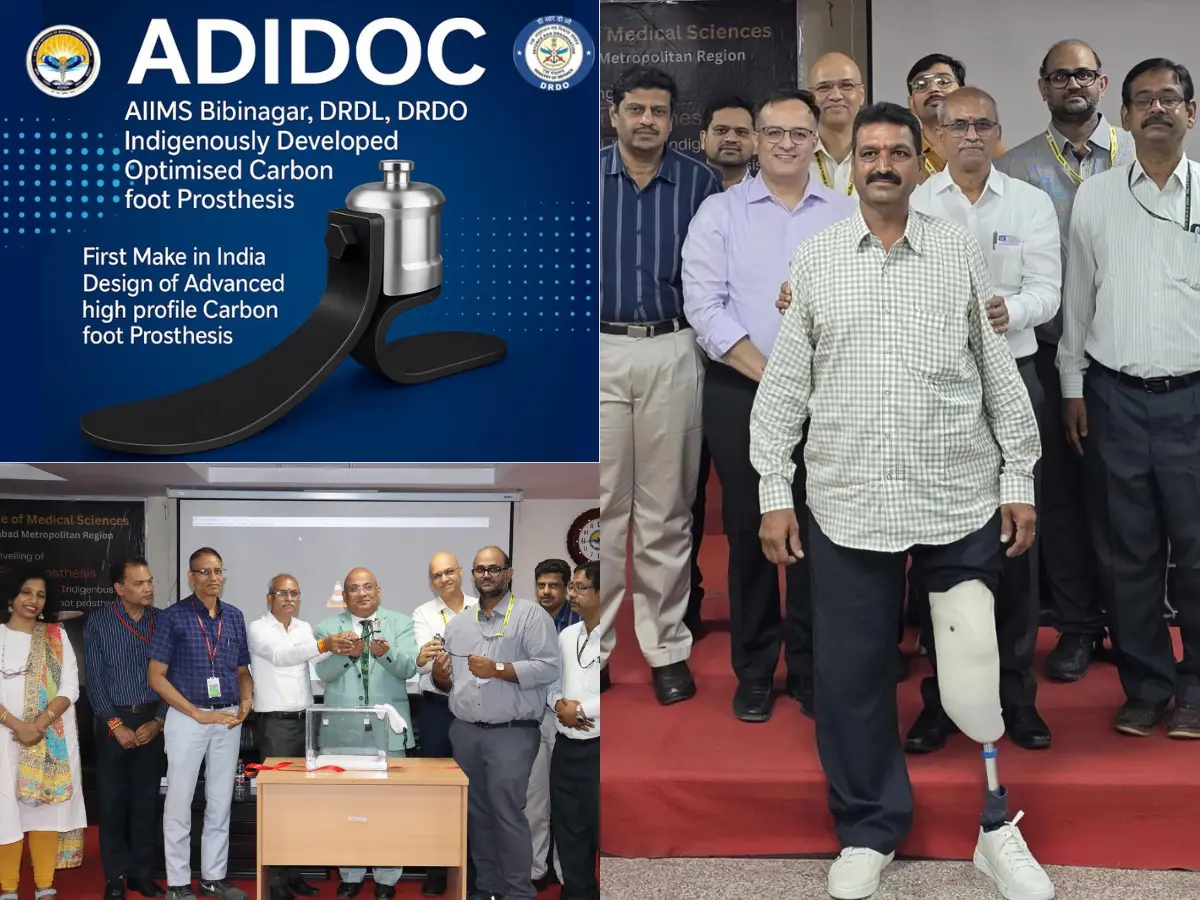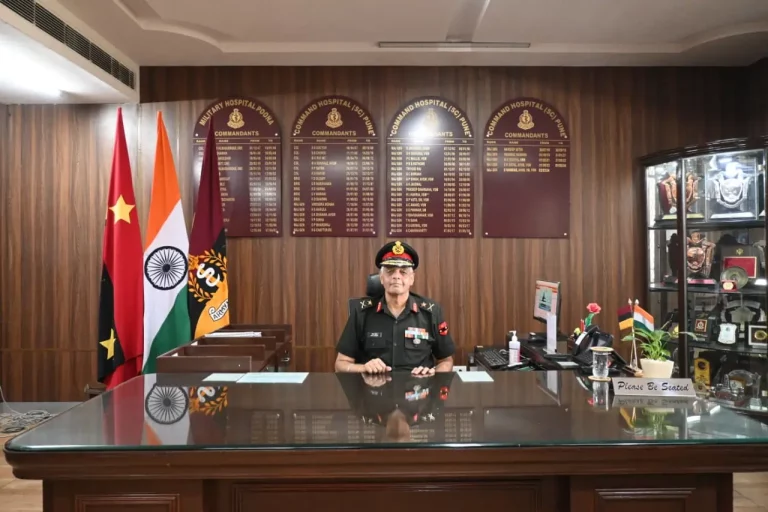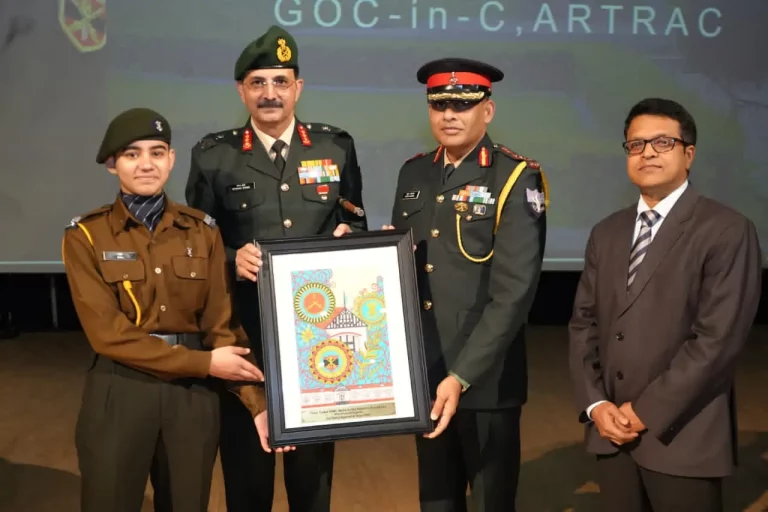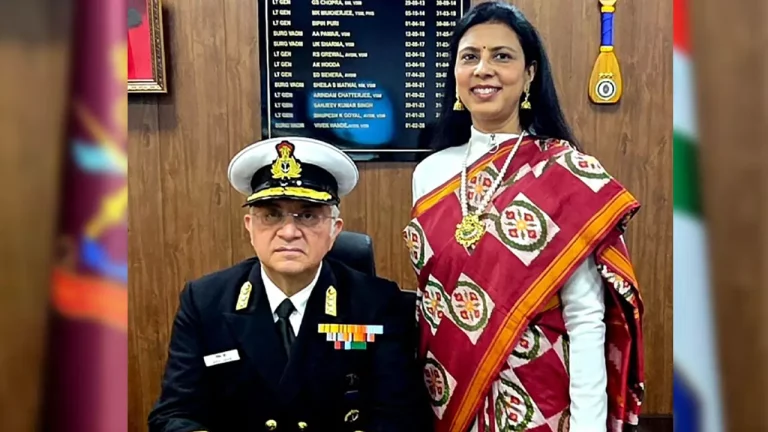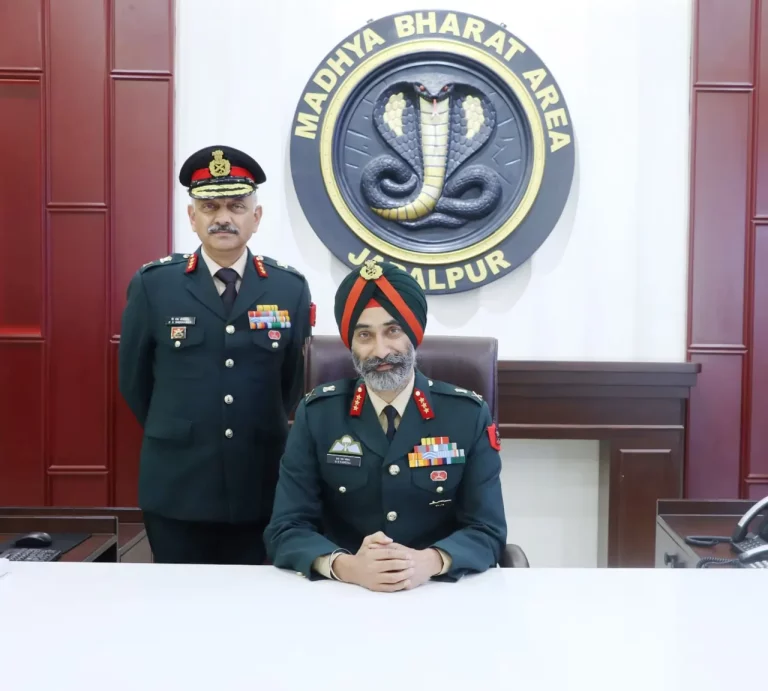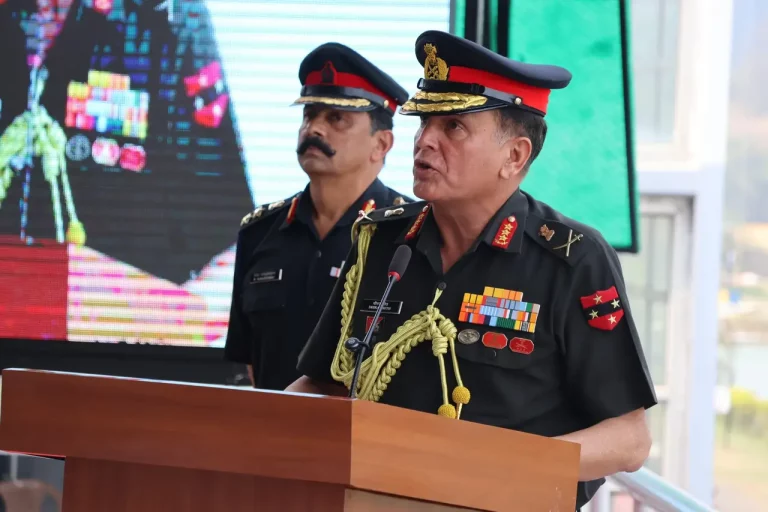In a remarkable achievement under the Aatmanirbhar Bharat initiative, the Defence Research and Development Organisation (DRDO) and AIIMS Bibinagar have unveiled India’s first indigenous cost-effective advanced carbon fibre foot prosthesis. The innovative device, named the AIIMS Bibinagar–DRDL DRDO Indigenously Developed Optimised Carbon Foot Prosthesis (ADIDOC), was launched in a ceremony at AIIMS Bibinagar.
This groundbreaking prosthesis has been developed by the Defence Research & Development Laboratory (DRDL) in collaboration with AIIMS Bibinagar, with a prominent launch by Dr. G.A. Srinivasa Murthy, Distinguished Scientist and Director of DRDL, alongside Dr. Ahanthem Santa Singh, Executive Director of AIIMS Bibinagar.
The ADIDOC prosthesis marks a significant leap in accessible healthcare and indigenous technology. Crafted from advanced carbon fibre, the device has undergone rigorous biomechanical testing, ensuring it can withstand loads of up to 125 kilograms, and is available in three variants tailored for different body weights. It aims to provide performance on par with high-end international prosthetics but is offered at a fraction of the price.
Perhaps the most striking aspect of the ADIDOC is its cost-effectiveness. With an estimated production cost of under ₹20,000, it significantly outperforms imported alternatives, which typically cost around ₹2 lakh. This pricing strategy aims to make quality prosthetic care accessible to thousands of amputees across India, especially within economically disadvantaged groups.
The indigenous creation of ADIDOC represents a crucial move towards diminishing India’s dependence on foreign medical technologies and fostering social and economic inclusion. Experts suggest that this prosthesis not only aims to restore mobility but also seeks to enhance the dignity, independence, and opportunities for individuals with disabilities—supporting the national objectives of inclusive development.
This milestone forms part of a broader initiative by DRDO to leverage defense technology in civilian sectors, with AIIMS Bibinagar ensuring that medical precision and patient-centered design are prioritized. The collaboration illustrates the effective partnership between India’s scientific institutions and healthcare providers to combat real-world challenges through innovative solutions.
Looking ahead, further trials, user feedback, and strategies for scaling production are anticipated, positioning ADIDOC as a new benchmark in India’s pursuit of accessible, affordable, and world-class medical solutions developed within the country.
